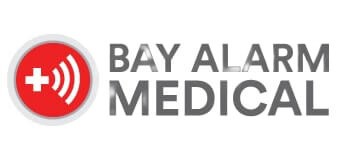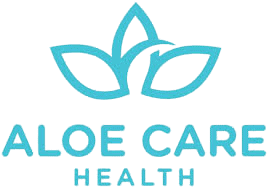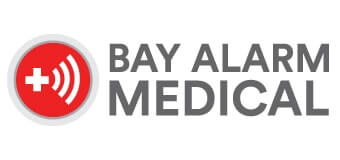Pro Tip: In addition to a medical alert, a reliable cell phone can help keep your loved one safe. Read my guide to the best cell phone plans for seniors to learn more.
Join for Free
Members get updates like best products for seniors and senior discounts delivered right to their inbox for free.





